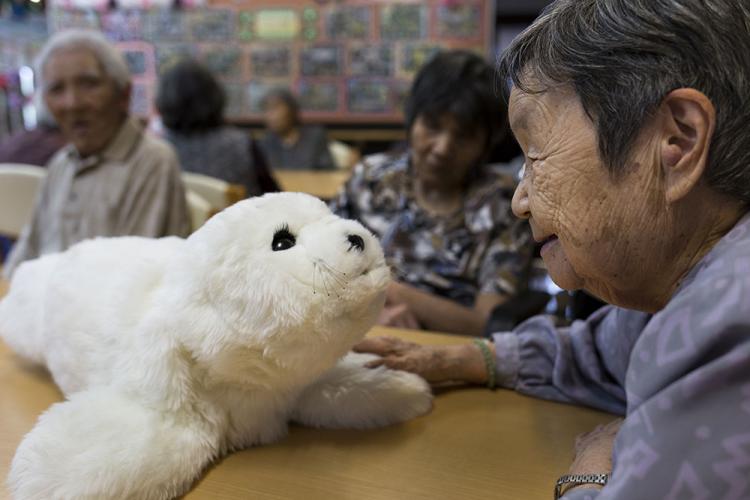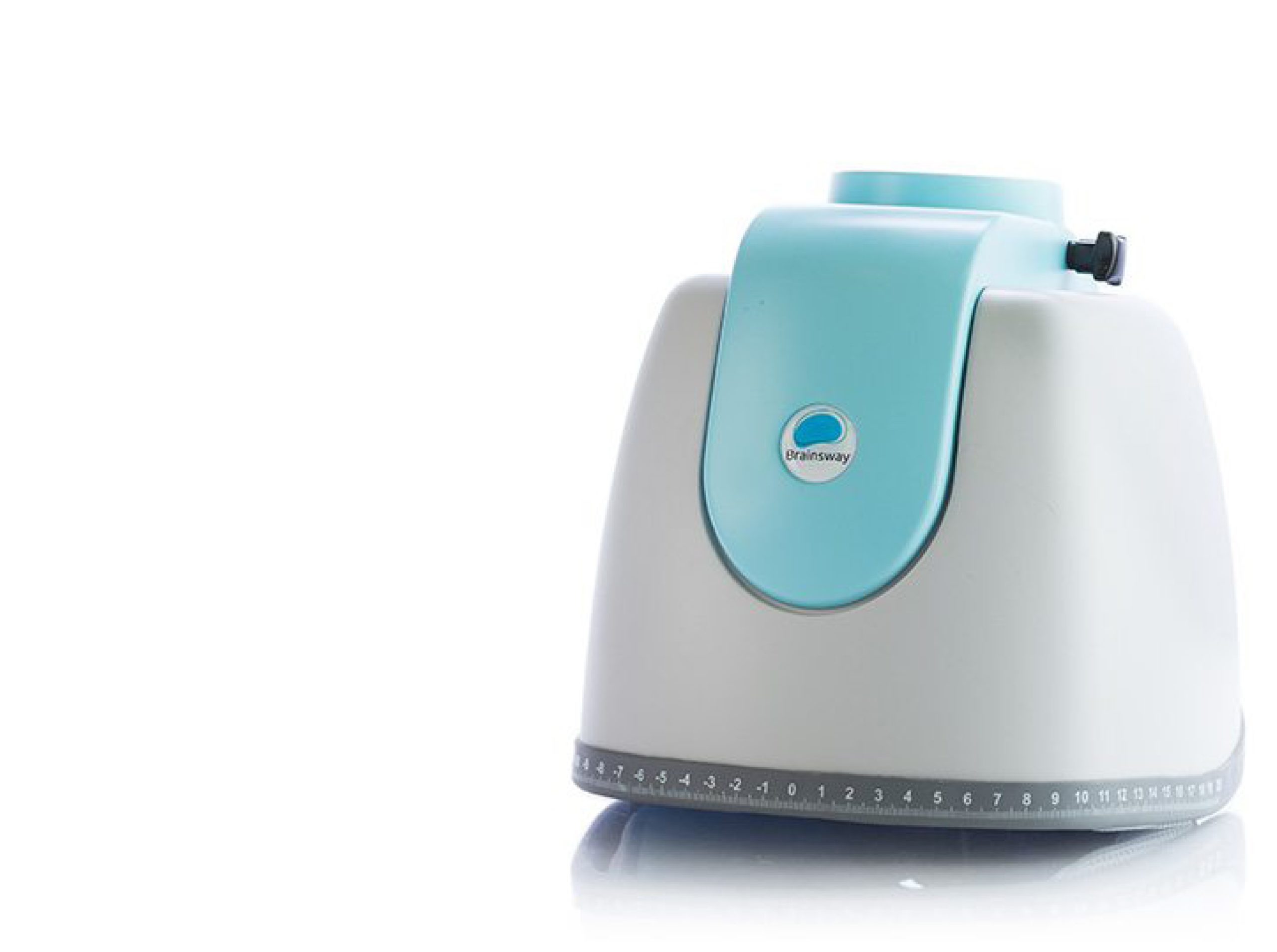Alivation’s Wellness
People Profile: Peggy Deaver, LIMHP
PARO the Seal and Mental Health
Why Does TMS Work When Other Treatments Don’t?
Alivation’s Wellness

Alivation had the same New Year’s resolution that many people had: get healthier.
We’ve always strived to be an organization founded on and pursuing wellness in every metric. We encourage health for all our patients, both mental and physical. We write about the importance of good diet and exercise for the body, and the necessity of doing all that you can for those who need it most. Our pharmacy has a free mobile app to help patients keep track of their medications. We participate in many outside events to promote our wellness message. And the list goes on and on.
So what did we mean by get healthier?
Earlier this year, Alivation discovered an organization called WellSteps who helps to foster and encourage an increased focus on health for our entire team. WellSteps has a website and a convenient, free app to not only track your daily nutrients and fitness levels, but also to provide healthful (and helpful) suggestions to keep us all on track with optimal wellness goals. Sleep duration and quality, vegetable and fruit intake, stress levels, daily nutrient macros, and exercise management and analysis are all bundled into our new program for employees, Alivation’s 2020 Next Level Wellness Program.
We’re using a point system to encourage everyone to better keep track of their health goals. We’ll have winners and prizes for those who get the most points. The pinnacle of the Wellness Program is our metabolic screening, which includes a crucial blood draw and simple measurements to best assess individual health for all our team members. We like the people we work with, and we want them to live a long time. We want everyone we work with to have an excellent quality of life that keeps them happy, moving, and successful and in-turn able to provide better care to our patients.
It isn’t always easy to work toward better health and wellness as an organization. We have close to 90 team members at Alivation, with many different backgrounds, personalized needs, and health and lifestyle factors. Organizing and quantifying all this information isn’t easy, and setting up the program to be primed for success was a challenge. Josh, our Wellness and Safety Coordinator, accomplished this. He worked tirelessly to find a program that was a good fit for Alivation, and he implemented it with an exciting kickoff. He also formed the Wellness Committee, consisting of himself, Will, Dawn, Jen, and Sam, a collection of team members passionate about advancing the Wellness initiative.
With physical and mental health being such global challenges today, Alivation is proud to have access to a great program like WellSteps to advance our own well-being. We hope to encourage others by example to follow in taking healthy steps to improve quality of life, and to think about health in meaningful, long-term ways. We want everyone we work with to be with us for a long time, and to be their best selves. We want them to benefit from good health for years to come, and to help us spread this mission to all our patients, family, and friends. Alivation has been a leader in mental health for years, and we’re excited to continue being a leader in nutrition and healthy lifestyles for everyone.
People Profile: Peggy Deaver, LIMHP

We all have a view of therapy and counseling.
The tendency is to think of it as sitting on a couch and discussing problems and feelings while a therapist listens, nods, writes notes, and eventually offers wisdom. While this can definitely happen, it isn’t the way we’ve done therapy and counseling at Alivation Health. We pride ourselves on having a newer, more compassionate, more caring approach that’s personally tailored to every individual.
And none of our therapists are more indicative of that than Peggy Deaver, LIMHP.
Peggy only recently joined the team , but she’s already standing out in her unique approach. She became interested in mental health and counseling after working at a recreation center in North Platte. She’d help clients with their nutrition and exercise efforts, and guide them on healthy lifestyles. It was helpful, they benefited, and she enjoyed doing it. But she wanted to do more, and find more ways to help them than just that. Peggy wanted to communicate in mental health terms with them as well, and offer deeper guidance. This led her to pursue a degree and certifications in psychological training and counseling.
After completing her LIMHP, she worked in a rehab facility before joining Alivation Health in January. While always passionate about mental health and personal wellness, she found an opportunity to expand her skills and help more people at the same time. Alivation sees thousands of patients a month; many of them need more in-depth or personalized care plans than other organizations can offer. Alivation is a perfect place for someone passionate and driven to make unique differences.
Peggy’s biggest interest is how our lifestyle factors relate to our mental health needs. Diet, microbiomes, exercise, and general lifestyle choices all directly correlate with our psychological well-being. Her interest in recreation and fitness tie in by looking at the whole person and seeing what can be improved to deliver better personal outcomes. Many studies have shown a good diet and exercise regimen has direct, measurable benefits on not only our physical health, but our mental health as well. For Peggy, it’s a fascinating approach to care that can yield tremendous benefits.
Alivation Health has always advocated greater wellness for all patients, and diet and exercise factor directly into that. The positive boosts associated with an active, engaged lifestyle are almost too numerous to mention. New research comes out every week that shows how our microbiome, or the positive microbiotic environment in our stomachs, is directly related to our mental health. We’re only now beginning to understand the connections and how we can boost mental wellness through an understanding of the smallest microorganisms in the human body.
For Peggy, it’s a unique, fascinating challenge that she’s excited to delve into. Alivation is thrilled to have her, and excited by the new approach to care.
PARO the Seal and Mental Health

At Alivation, we’re always fascinated by the new frontiers of mental health treatment.
It’s been known for decades that animals can have a positive effect on mental health. Anyone who’s ever played with a pet after a hard day knows it firsthand, and plenty of studies have confirmed the positives of animal companionship. So with animals being a great stress reliever, what’s to stop them from being used everywhere?
Quite a lot, unfortunately. Allergies, house training, bad habits such as biting or clawing, their tendency to disrupt sleep rhythms—looking at cats here—all negatives that can contribute to a pet being problematic for everyone. Researchers in Japan knew this, and they created something that has the benefits but none of the negatives.
Its name is PARO the seal.
Developed by Japanese company AIST, PARO is a fully self-contained robotic seal. PARO doesn’t need to be housebroken, doesn’t chew on the curtains or knock over the Christmas tree, and you can’t really be allergic to it. It’s a class of therapeutic robot designed specifically to help people cope with mental or physical challenges. It’s been used primarily in nursing homes for the elderly who need a companion or who struggle with dementia. For many of these users, a live pet requiring food and maintenance is simply not an option. But a low-impact creation like PARO only requires attention.
PARO began its use in Japan, spread to Europe, and is now available in the United States. It is, of course, expensive, but no more so than many high-class dog or cat breeds, and if something happens to PARO, you perform routine maintenance and fix the internal board. The same is not true for live animals, as many of us have unfortunately learned in childhood. PARO is not an AI and does not think or feel, so you don’t have to worry about leaving it alone for any period of time, hurting its feelings, or it running away.
And yet, despite these robotic features, PARO still manages to convince us that it does think and feel, and it’s also quite cute. This is the real power and potential of the device, especially for those who require a positive emotional outlet that can’t be supplied by a conventional pet. It’s easy to believe PARO feels and loves, and when it purrs while sitting in your lap, it’s not hard to feel something back for it. Perhaps it’s just an innate evolutionary response we as humans have, but it’s a powerful effect that can help many people.
Those of us who lived in the 1990s remember the Tamagotchi pet, a little handheld digital device that needed to be tended and fed. Whereas the Tamagotchi simulated the needs of a living animal in a game format, PARO simulates only the positives in a therapeutic context. It doesn’t squeal for food like a Furby, and you can’t offend it. It may have technical malfunctions that require fixing, but it won’t ever get sick or truly die on you like a Tamagotchi (infuriatingly) would. There aren’t any veterinary visits with PARO, at least in the conventional sense.
PARO can be a tremendous benefit for mental health in young and old alike, and its uses are only now beginning to be discovered. Other robotic pets, of increasing quality and abilities, will soon be available as the market expands for this type of thing. For providing a low-impact way to benefit the mental health in all people, PARO definitely deserves a nice petting.
Why Does TMS Work When Other Treatments Don’t?

TMS is often recommended for “treatment-resistant depression”.
A question we’re frequently asked is: If my depression is treatment-resistant, and four separate types of medication, as well as therapy, haven’t worked, then why will TMS? What makes this treatment different from all those other treatments?
It’s a fair question.
TMS (transcranial magnetic stimulation) is a different kind of treatment altogether. It isn’t based on serotonin levels in the brain, light levels or vitamin D, or psychological counseling and self-reflection. TMS uses targeted magnetic pulses on areas of the brain that cause depression. The TMS cap painlessly delivers these pulses repetitively, activating nerve cells associated with mood and depression. A usual TMS cycle lasts under an hour, with about 36 sessions total.
After this full treatment cycle, patients often report greatly enhanced personal feelings and alleviation of their depression. At Alivation, we’re very interested in data and experiences, so we collect as many written testimonials from patients as we possibly can. Sometimes the results are astounding: patients report contemplating suicide, only to be walked back with TMS; unable to hold a job or leave the house, and suddenly able to do both successfully; strained personal relationships drastically improving.
Though TMS has been FDA-approved and in use for over a decade, we’re always learning more and more about it. We’re gradually understanding why it works biologically, and what other future uses it may have, specifically for anxiety and OCD, as well as PTSD. Studies are ongoing, all of them so far yielding exciting results. We’re proud to have taken part in many such studies ourselves.
TMS does tend to work better when the patient feels it’ll work. Positive feelings and optimism about the process are useful for success. But TMS is much more than placebo, and isn’t just a band-aid for a deeper problem. We employ it so much because the results speak for themselves.
Part of why TMS is so effective is because of the lack of side effects. One drawback of conventional mental health medications are the secondary effects, which range from mild to very unpleasant, depending on the personal body response to it. TMS doesn’t cause such effects, and patients can drive themselves to and from their own appointments. They don’t have to remember to take a pill, or worry about their dosage, or wonder if and when the effects will become noticeable. TMS does not work instantly, but it does slowly take effect and gradually improve the patient’s mood and life.
TMS is a fairly new, but revolutionary treatment for an age-old problem. The biggest reason why Alivation’s TMS works where other treatments may not is because of how we practice it. Our team are experts at it, but they’re also friendly and personable, and try to get to know all the many patients who seek TMS here. The positive social bond aspect of the treatment also helps, as well as the opportunity to integrate our broader services with the treatment for even greater outcomes. TMS isn’t a cold mechanical device at Alivation—it’s an active, helpful, friendly treatment with a positive atmosphere of change and wellness.
What sets TMS apart from other treatments, specifically, is the quality of care and the caliber of people that come with it.
